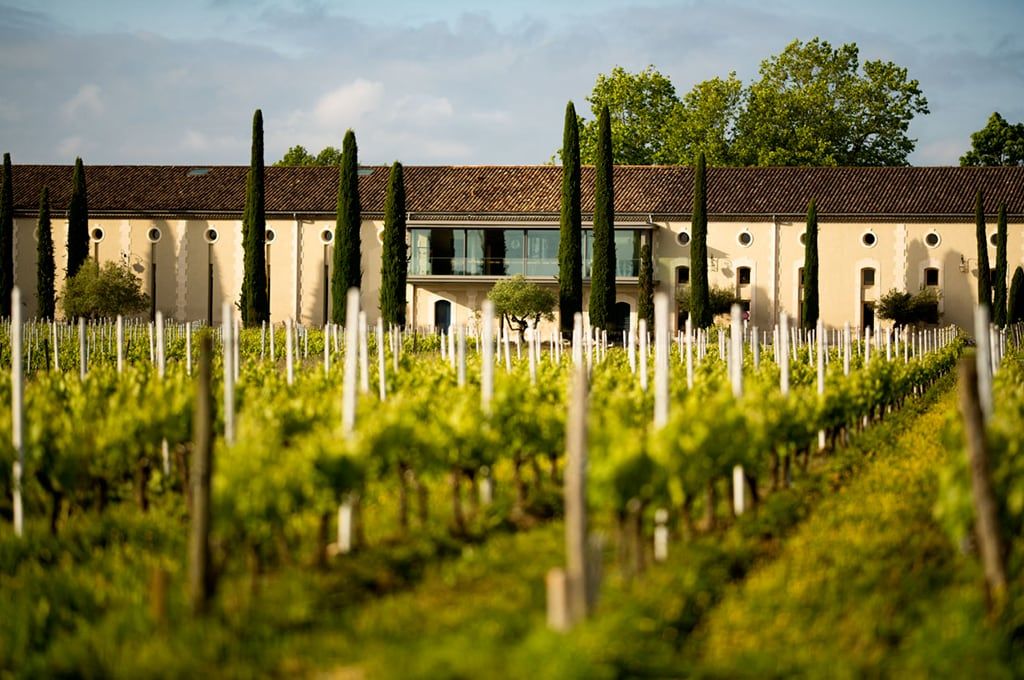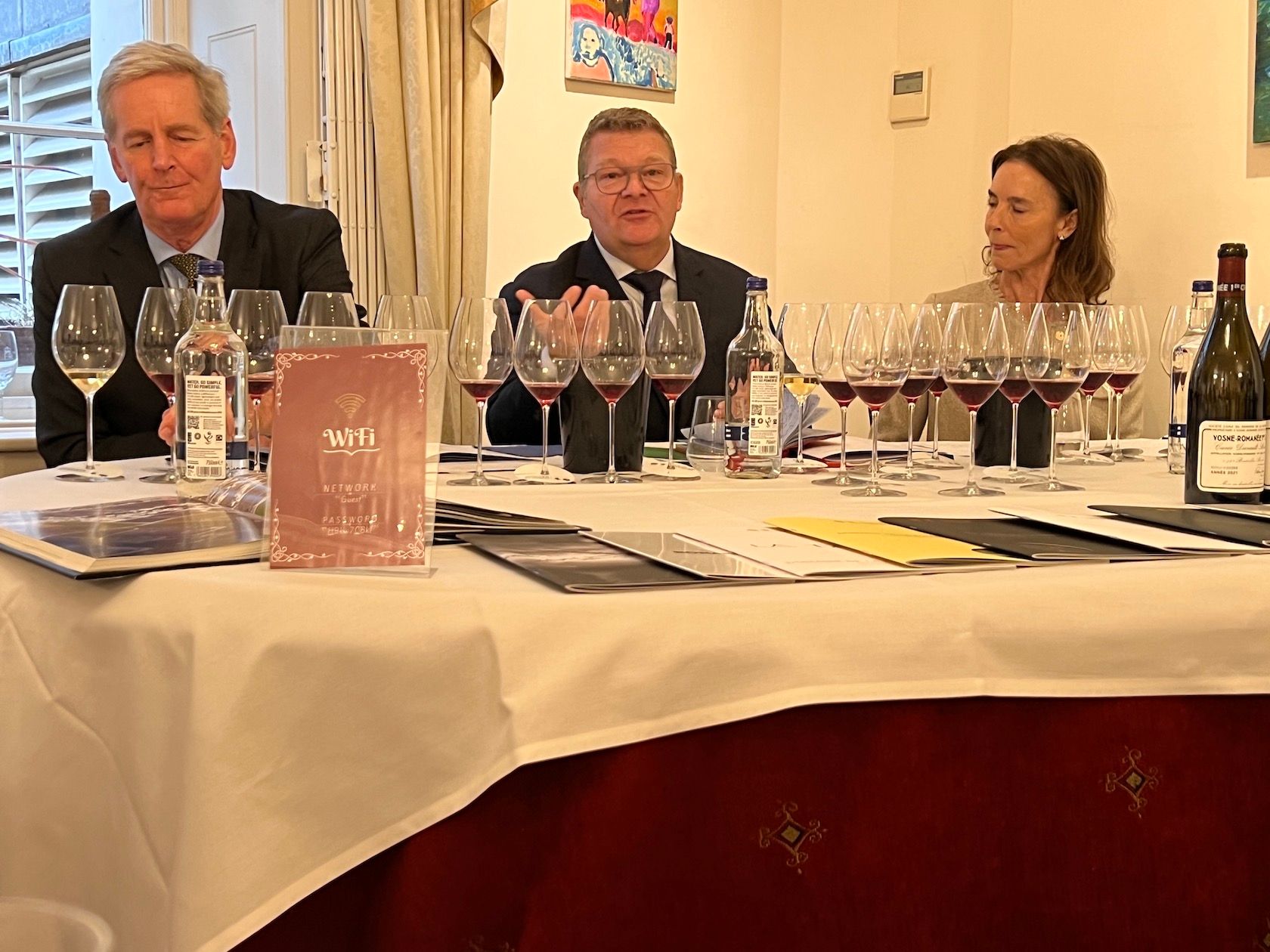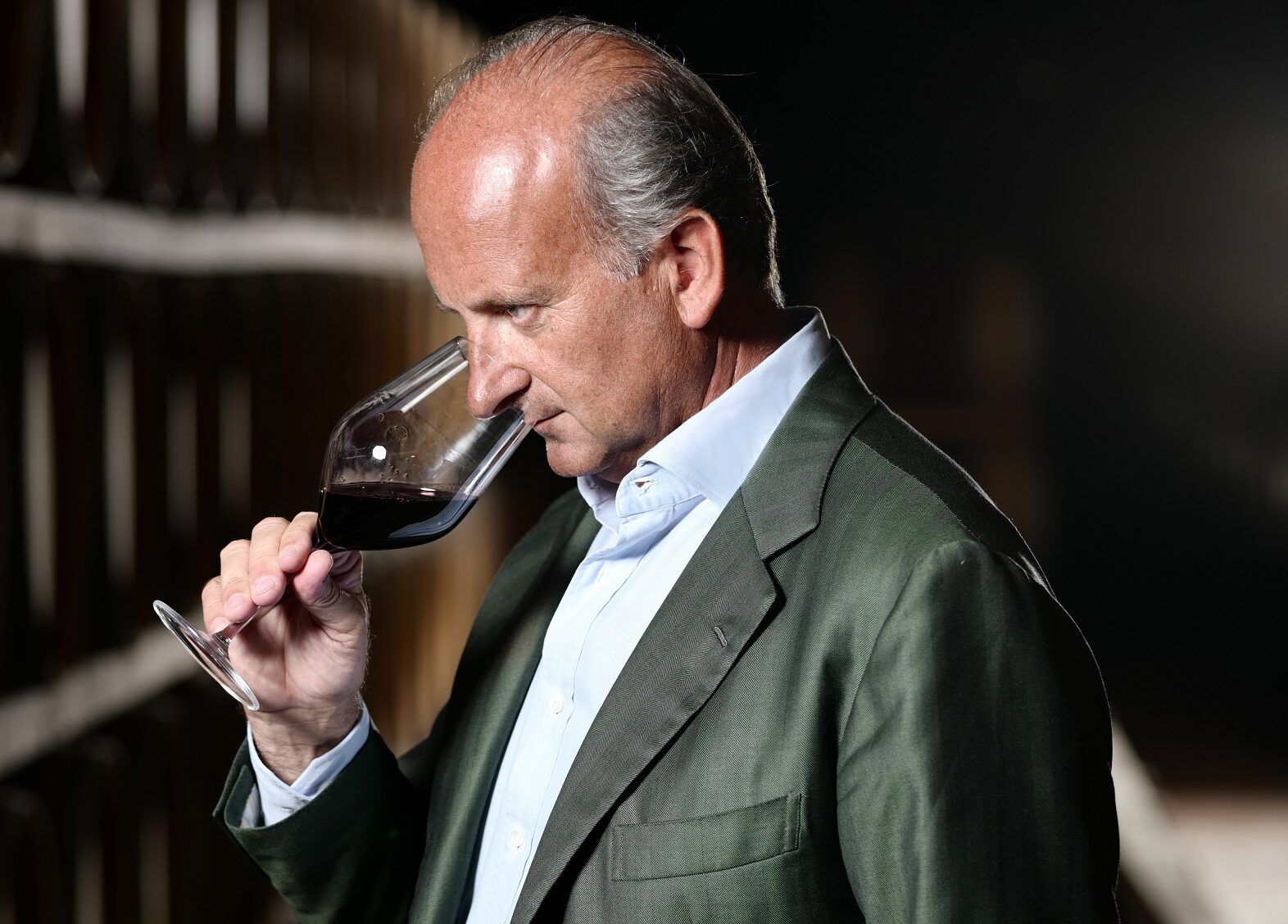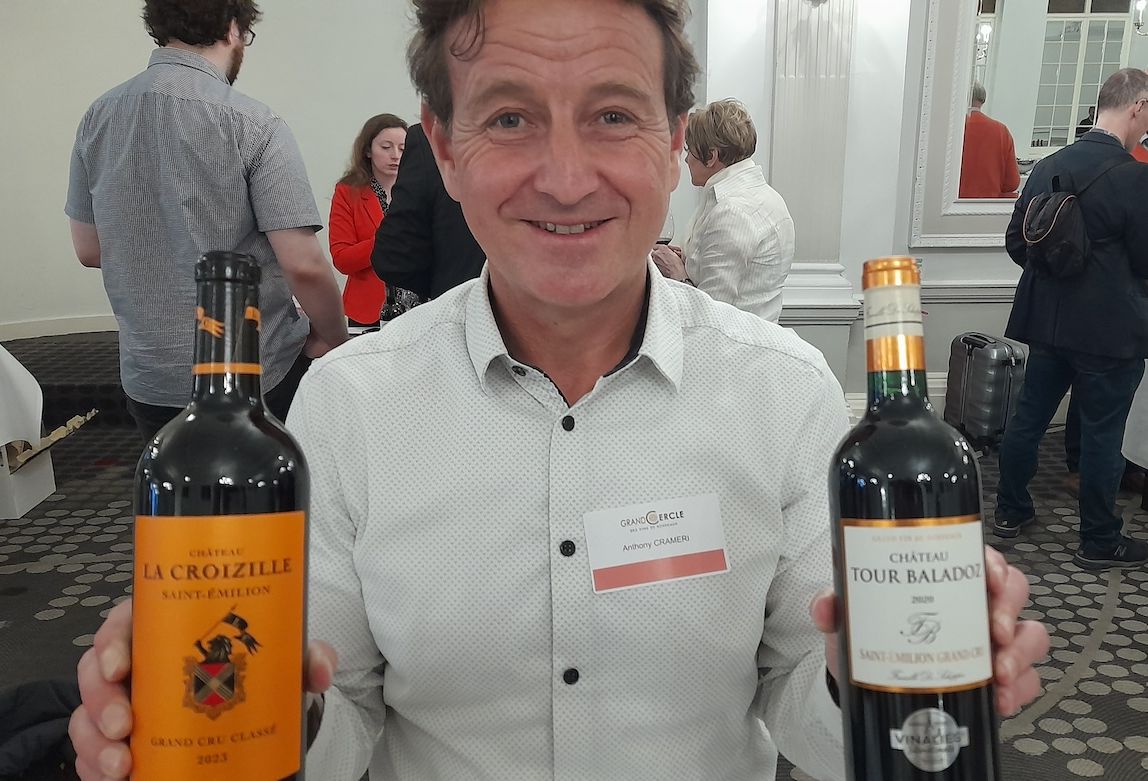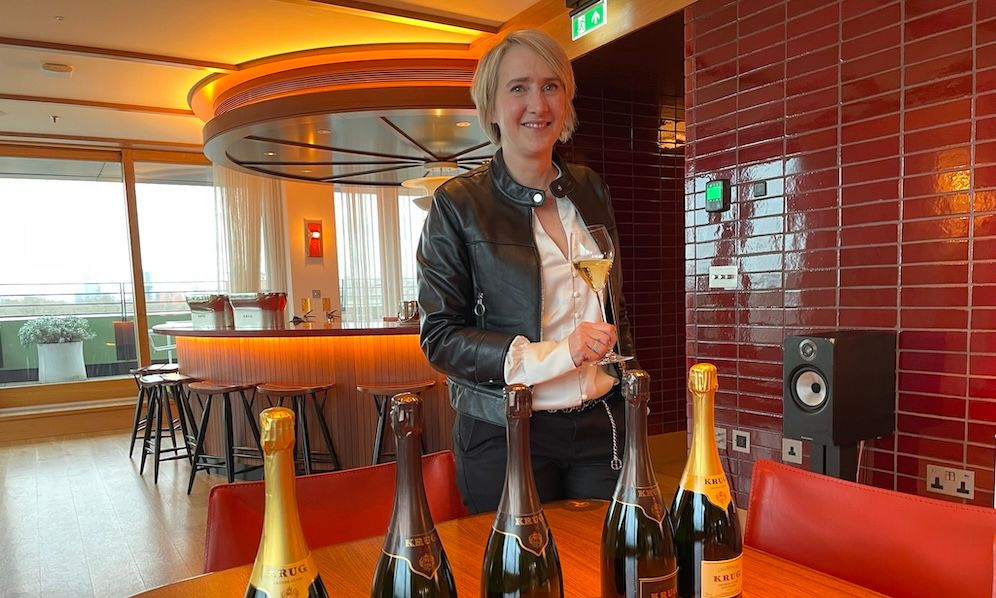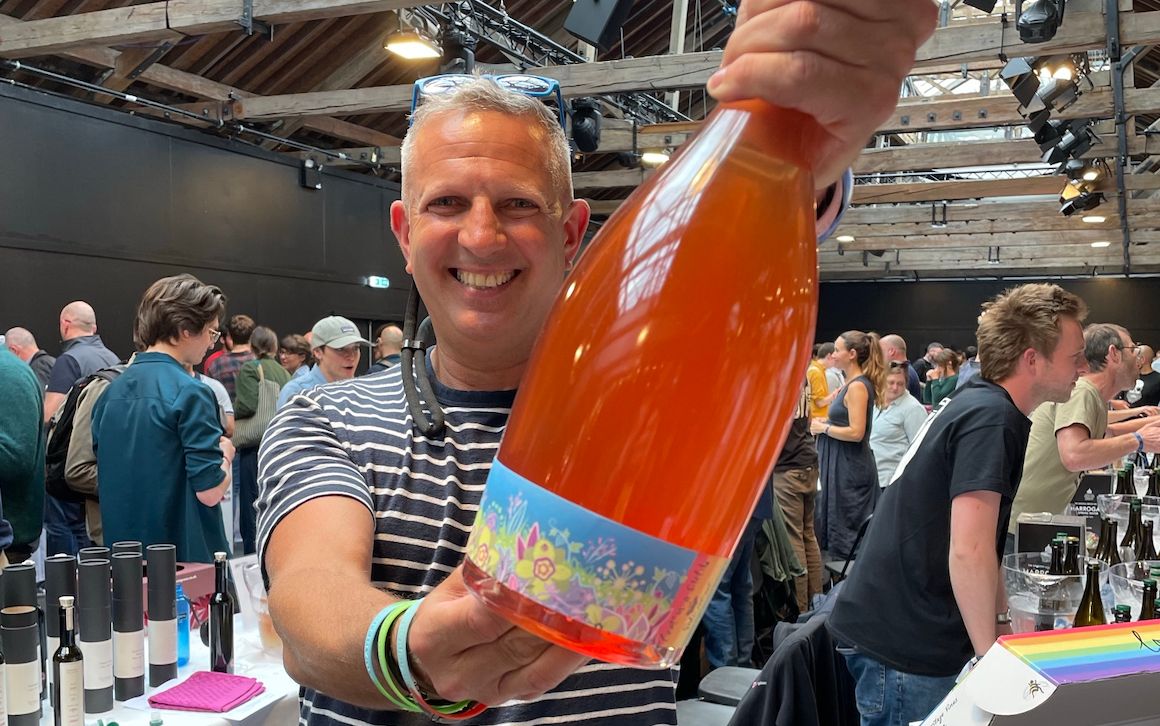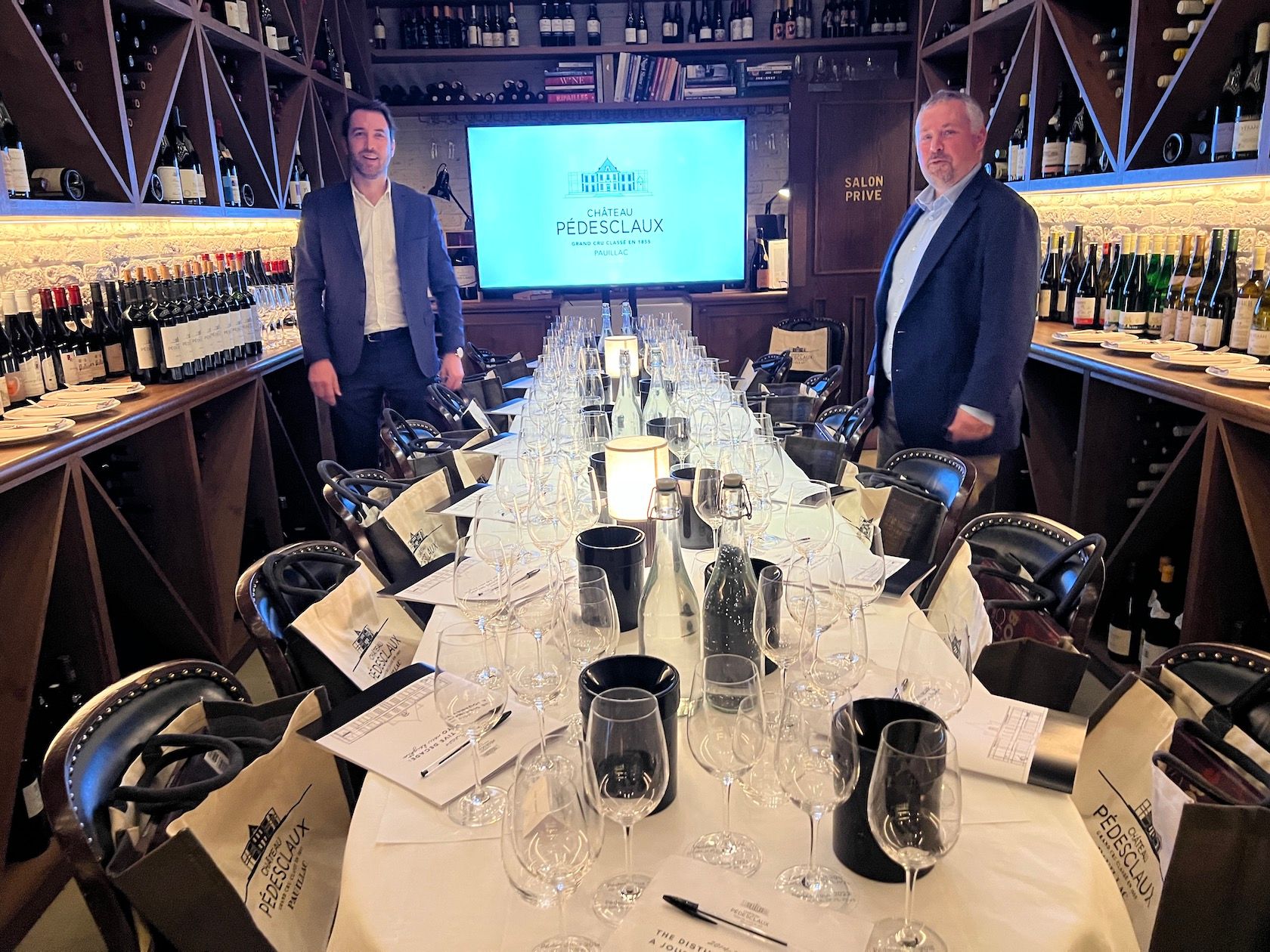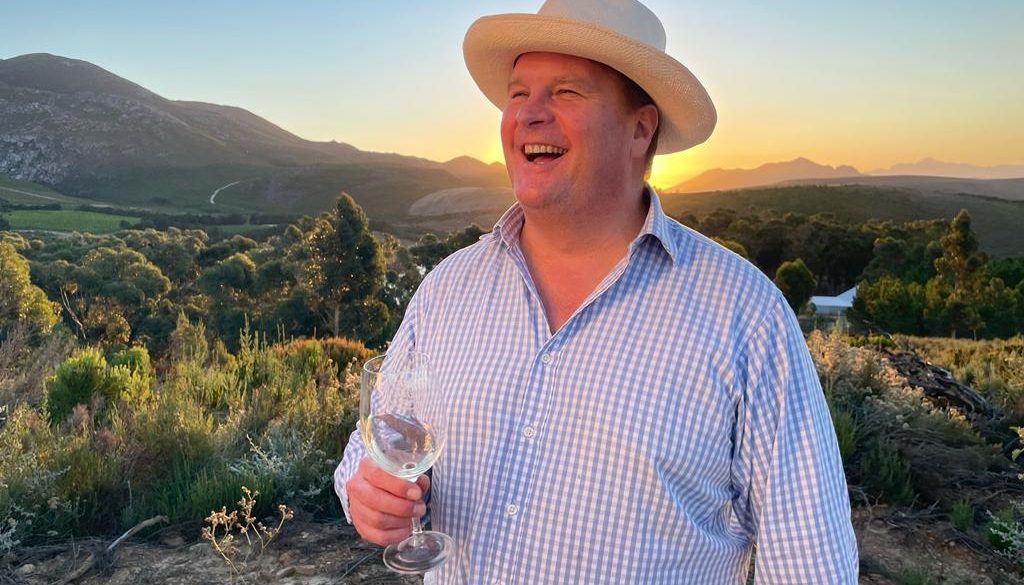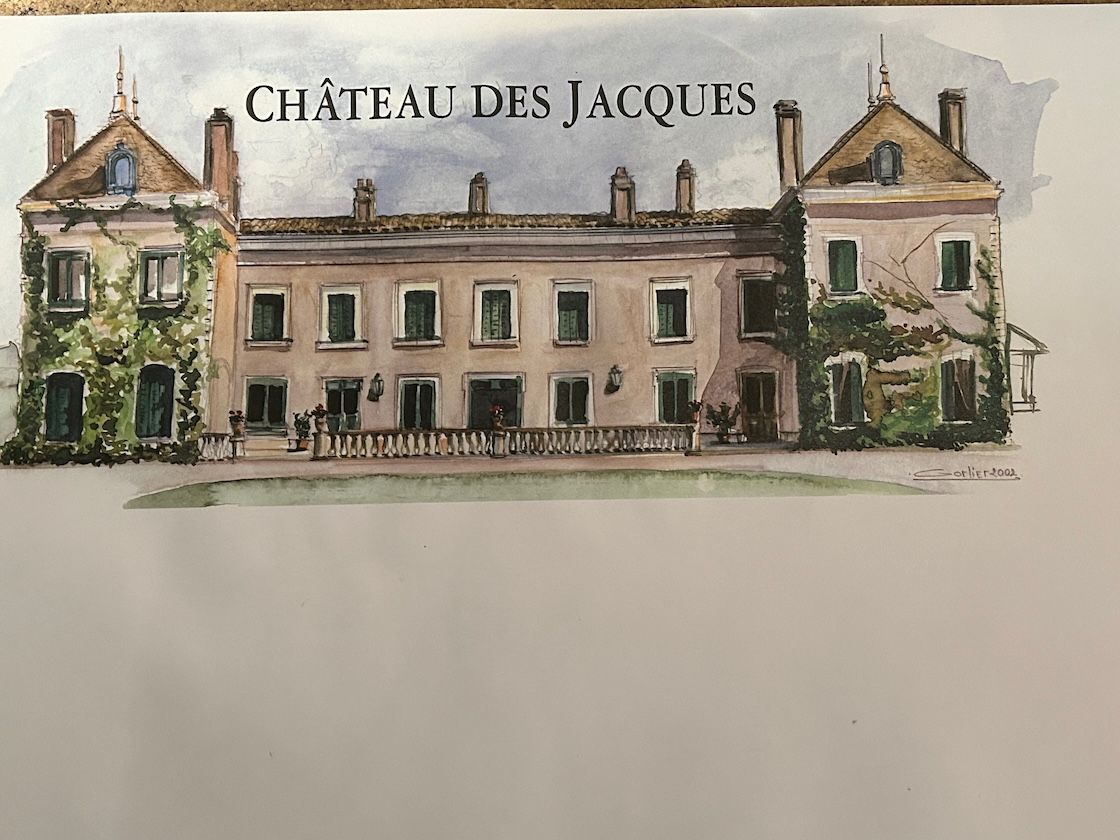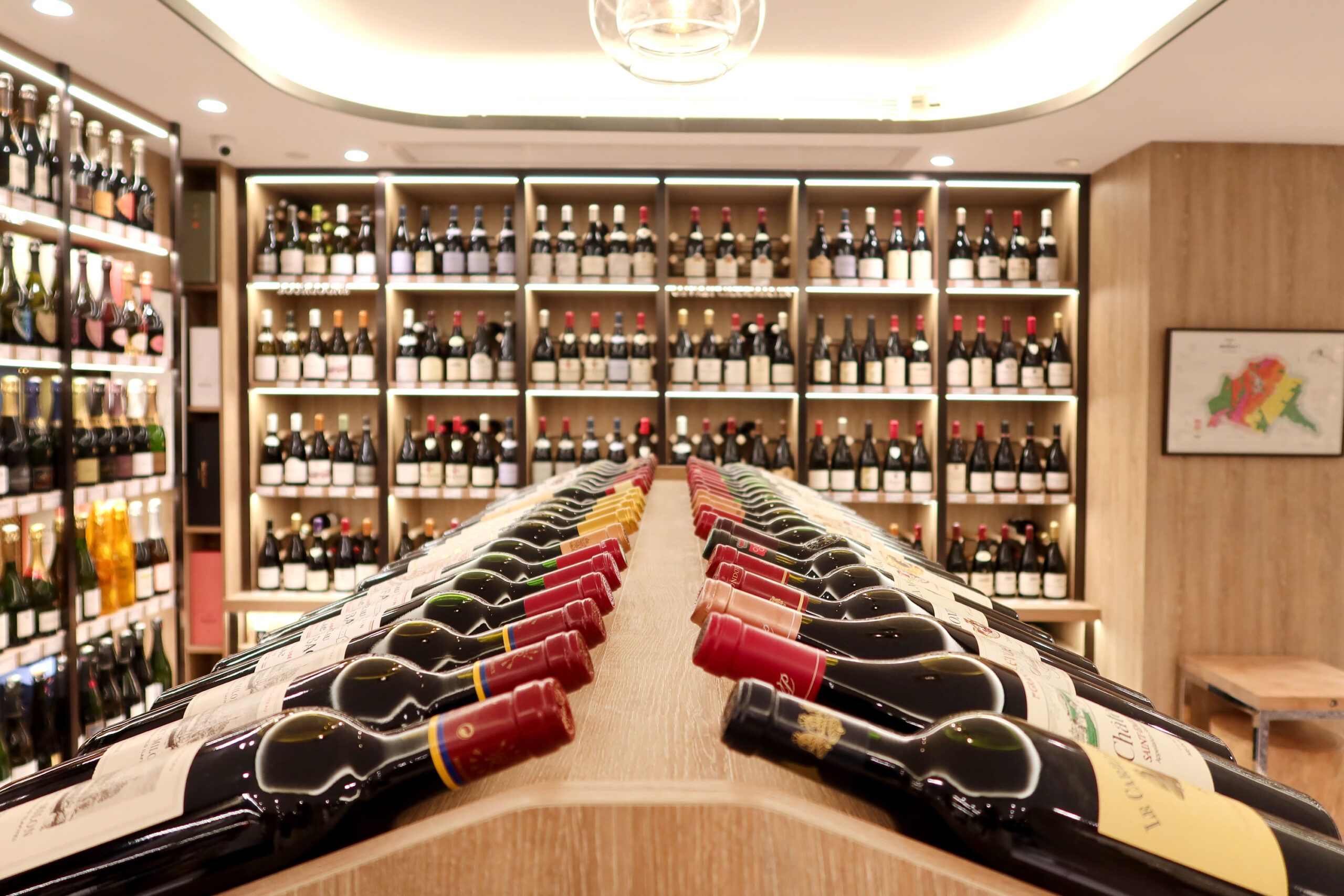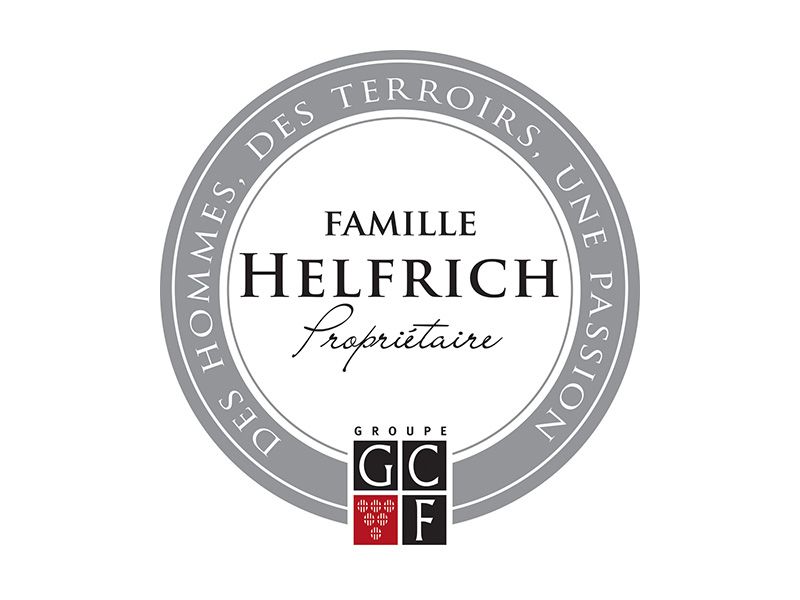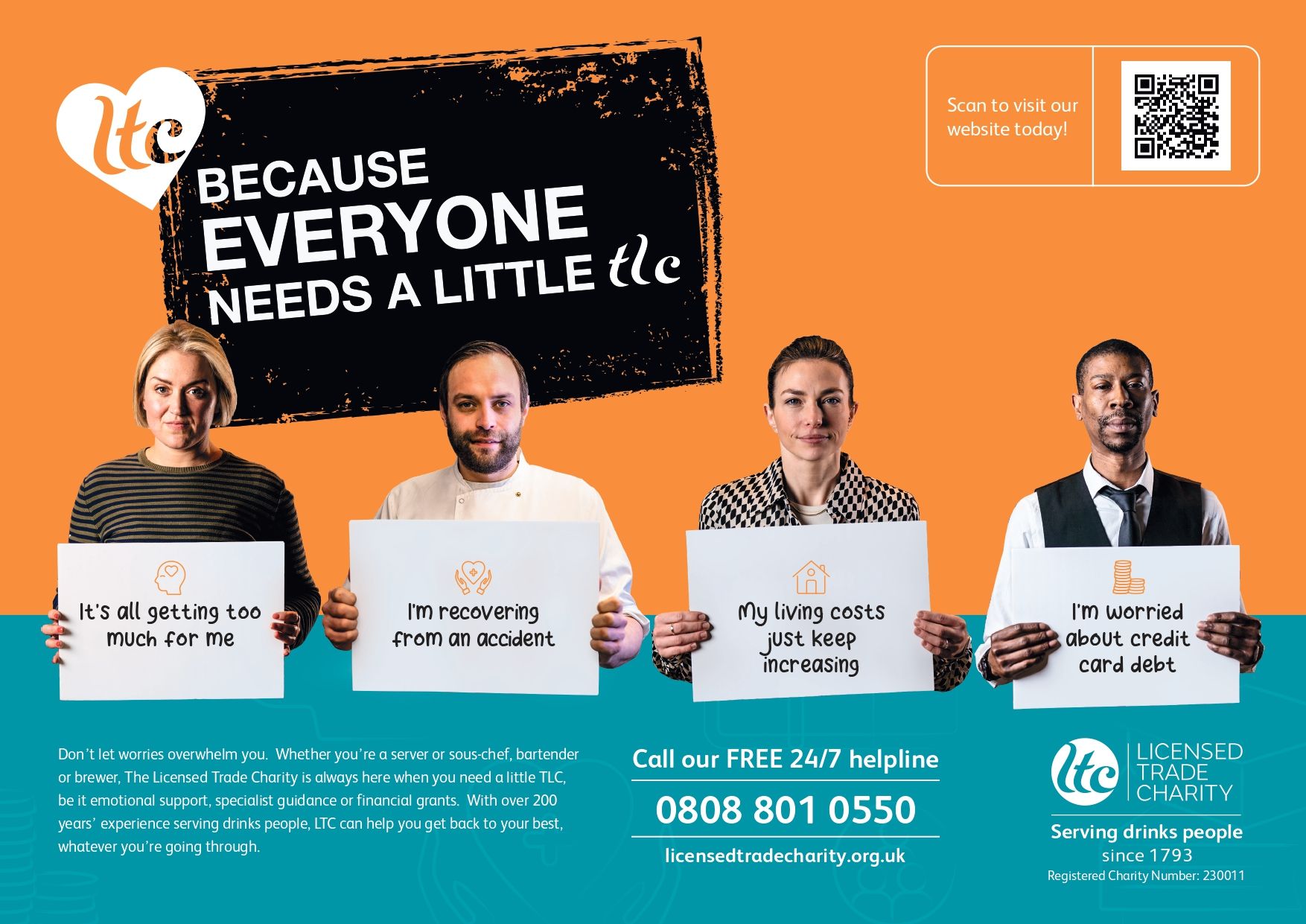Château Clarke derives its name from the Irish family Clarke who owned the site from the eighteenth century to when it was acquired in the 1970s by Baron Edmond de Rothschild, who was looking for a private estate he could mould as his own personal passion project.
Château Clarke has emerged from a significant rebirth following three years of renovations and upgrades that would be the envy any of the top Grand Cru sites. A fresh winery, tasting rooms, gardens and cellars fit for a Baron. Château Clarke believes it is ready for climate change in the 21st century, says Boris Bréau, managing director, Edmond de Rothschild Heritage.
“The future of Château Clarke is very promising. We first started work in the vineyard then the style of wine and now we have the tools to vinify the wines to better the quality and the style of Château Clarke,” he explains.
Edmond de Rothschild Heritage Wines’ managing director, Boris Bréau, hopes Château Clarke can become one of the most revered estates in the Medoc
There is no underestimating Bréau’s enthusiasm for the improvements that have been to the estate which produces a red ‘Château Clarke’ and a white ‘Le Merle Blanc’.
“With the building of a new barrel cellar, new vat room and with the capacity of working with full gravity, we can make parcel selection and completely control the whole process,” he says.
“The strategy is to focus on the family’s signature and ownership and its special links with the estate, on the brand name, craftsmanship, know-how and innovation, rather than on the AOC and the region of production. In terms of communication, we share a lot of content about nature, the art of living, epicureanism, but also about the artistic touch that Ariane de Rothschild has just brought to Château Clarke and which makes the estate so special.”
He adds: “We try to implement engagement with all our employees, all the people who are working with us. We are conscious of the evolution of the environment, the cars in Bordeaux for Château Clarke and Château des Laurets are 100% electric and we are working on solar panels.”
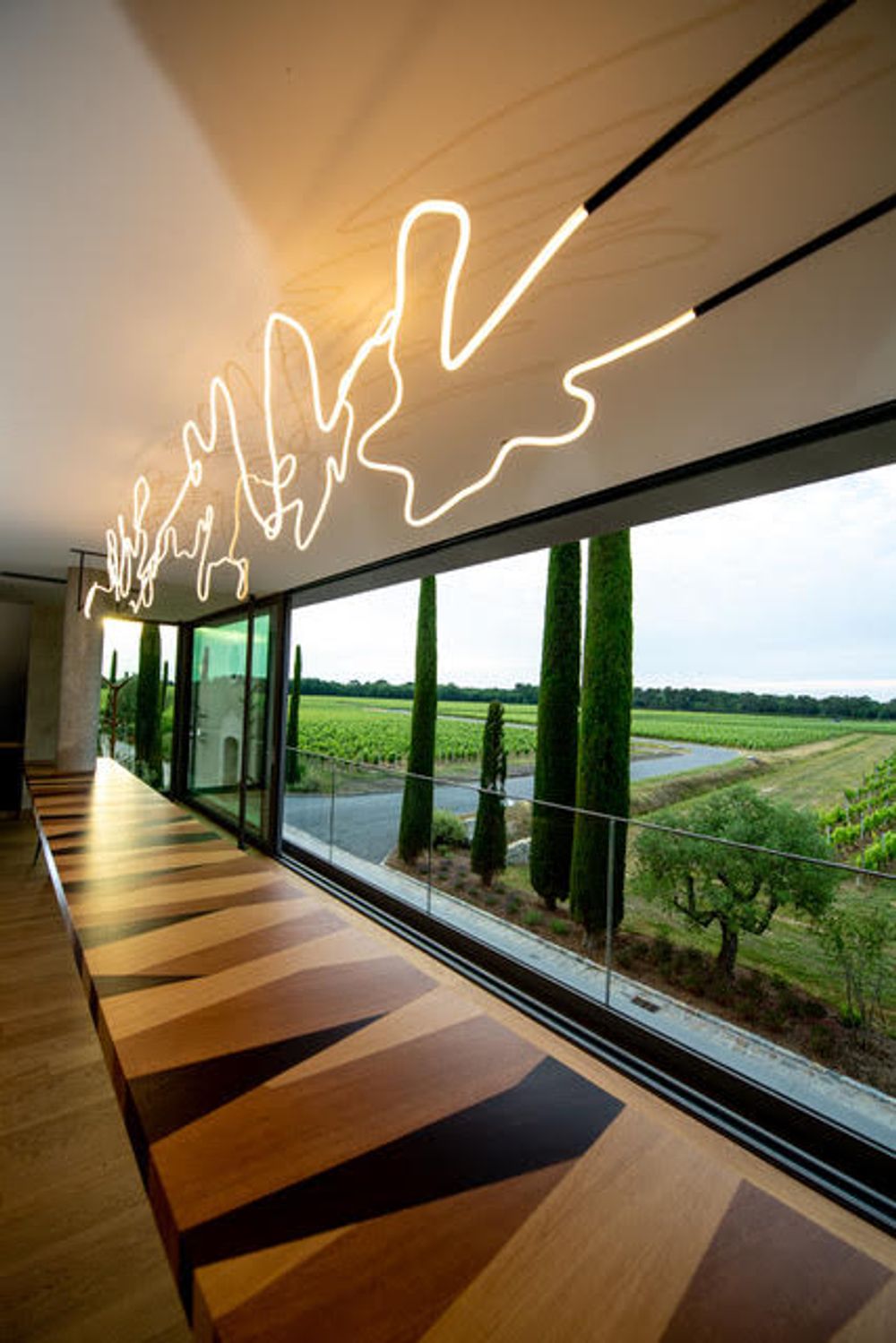
There has been €18m invested in the Château Clarke estate
“We are very close to being organic, but we are not looking to become certified. We like to keep our freedom,” he adds. “We work a lot on our corporate social responsibility and are proactively asking the team to work in this way.
Global business
The reaches of the Edmond de Rothschild Heritage group expand beyond the confines of the Bordeaux region to around 500 hectares in total, worldwide. The group has global wine reach both in terms of distribution and in production with interests in Spain, South Africa, Argentina and New Zealand. What then does the group have its sights on next?
“This is a question of human emotion, what we are looking for now is probably new grapes with huge potential positioned in a terroir that is underexploited. We have a serious plan, we know where to go and investigate. There are probably two or three areas that we are looking at seriously.”
Bréau won’t be pushed on where they might be. “We are very open to any kind of thing. It could be something common, or something unusual. The most important thing is the terroir, on which we can produce super premium wines considering the evolution of the climate, then the grapes, then the people. People need to be 100% locally based and connected to the environment.”
The idea of having a human connection to any region that could potentially fall under the wider Edmond de Rothschild Heritage umbrella seems to be at the heart of any acquisition.
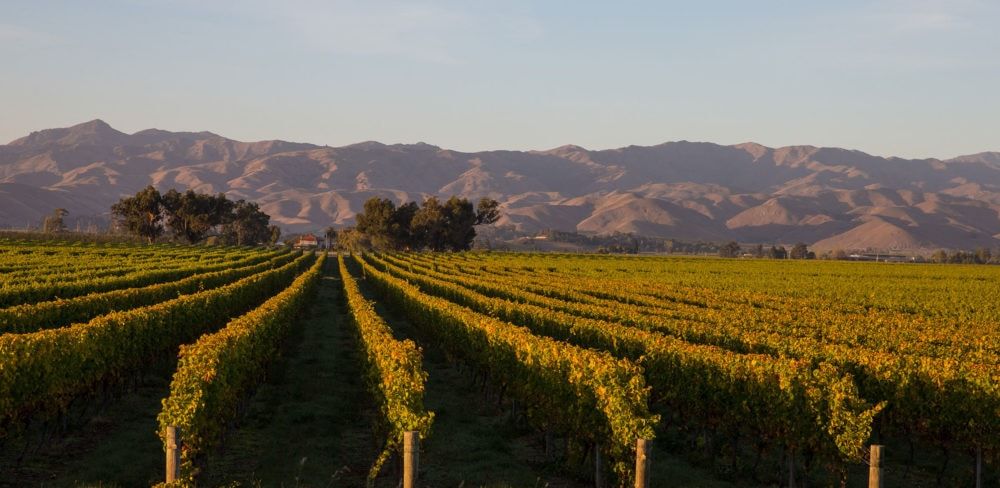
Part of the Rimapere estate in New Zealand
“We have never bought something that was already shining – an acquisition of a diamond.All our wine estates have been created from scratch. It is what we did in Argentina (Flechas de Los Andes), South Africa (Rupert & Rothschild Vignerons) and New Zealand (Rimapere and Akarua). All of which we’ve built from zero.”
It means the group is now well balanced in terms of production and distribution being split a third between Europe, the US and Asia. It also has estates in Spain with Macan in Rioja
“We are not dependent on any particular market. China is suffering – it is such a tough market – but in the rest of Asia we are doing well. We have many options to spread.
“We have to be really flexible, to be able to adjust our organisation to any outside forces in the global environment, not just the climate, but Brexit, China and diseases like Covid. There are plenty of things that can affect the business. We need to anticipate and be able to change.
“The new consumer – 25-30 year-olds – likes to look for something new. We are investigating plenty of things including lower alcohol with research and experiments.”
But wherever you go across the Edmond de Rothschild Heritage business you will see a common theme, stresses Bréau. “Heritage is much more than a wine company, it’s an ecosystem of French art de vivre, offering unique experiences, from the tasting of a ‘simple’ farmhouse Brie de Meaux, to a stay in a five star-rated palace at the foot of Mont Blanc. Each time you can expect to see the same values of excellence and authenticity.”
French roots
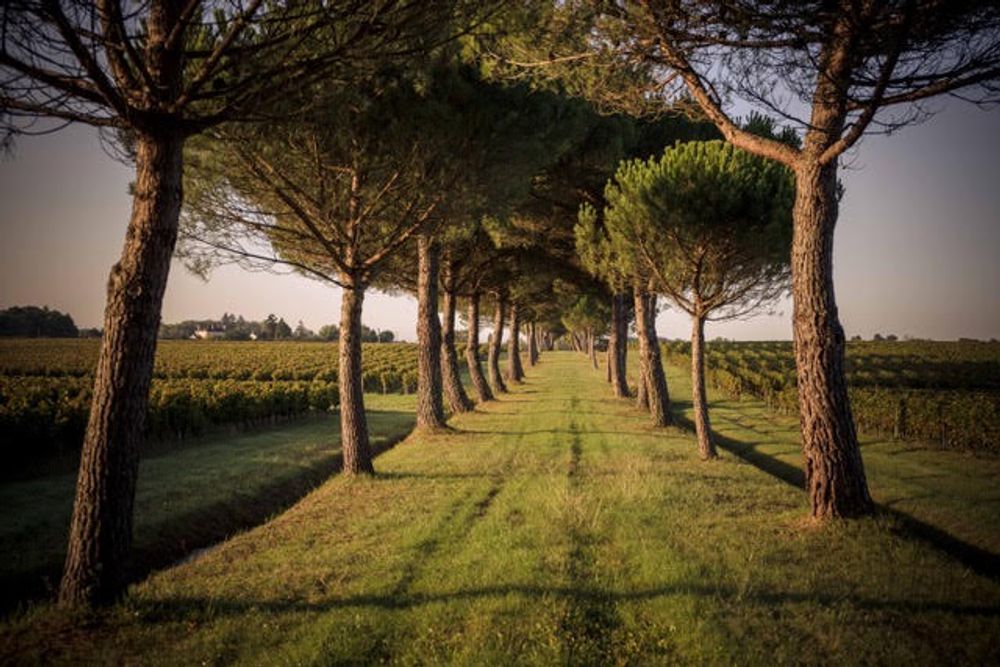
Château Clarke hopes to build its position and reputation around the world, but particularly in the UK premium market
Despite its global aspirations its home remains very much rooted in France and Bordeaux in particular. Which was why the recent visit of King Charles was so important.
“The visit of King Charles was historic, and symbolic of our strong relations with the UK market and lots of consumers who are fans of Château Clarke and super premium wines. Château Clarke is a strong focus for the UK market. People are keen on the new style, the vintage 2016 is a new modern style.”
Which is why the changes and investment at Château Clarke are so important for a business that strives for excellence in all it does, be it in the vineyard, or in the cellar. An opportunity to elevate Château Clarke to rank among the greatest Médoc wines.
- You can find out more about Château Clarke here.
- It is distributed in the UK through Waddesdon Wine.
- You can find out more about Edmond de Rothschild Heritage Wines here.
